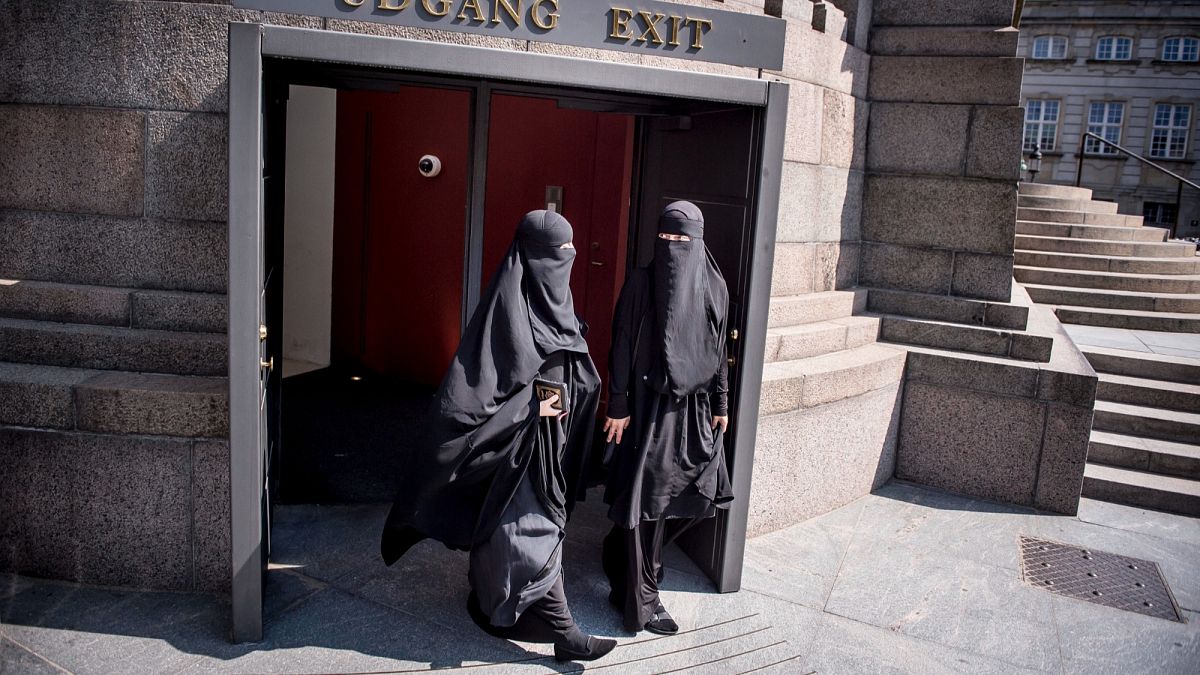Published on •Updated
Danish Prime Minister Mette Frederiksen has called on Thursday for stricter measures limiting religious symbols and rituals in education, asking for a ban on full-coverage veils worn by some Muslim women to be extended to schools and universities.
The country’s overall ban on burkas and niqabs in public places, introduced in 2018, has not been applied to educational institutions.
However, Frederiksen, who is also the leader of the country’s Social Democrats party, wants to change this, stating that limiting the ban in this way had been a mistake.
“There are gaps in the legislation that allow Muslim social control and oppression of women at educational institutions in Denmark,” Frederiksen told domestic media. “You have the right to be a person of faith and practice your religion, but democracy takes precedence.”
Meanwhile, opponents of the general ban, including civil society organisations such as Amnesty International, said it infringes on women’s right to dress as they choose. “All women should be free to dress as they please and to wear clothing that expresses their identity or beliefs,” the NGO said in 2018.
The announcement is a direct response to recommendations from the Commission for the Forgotten Women’s Struggle, which earlier this year called for action.
In 2022, the same government-formed commission proposed to impose a ban on the wearing of hijabs in primary schools to ensure “that women with minority backgrounds can enjoy the same rights and freedoms as other Danish women”.
At the time, the ban proposal sparked a backlash and protests in Denmark. The plan was rejected in 2023.
Frederiksen also wants prayer rooms to be removed from educational institutions, objecting to the fact that they have been set up at several universities and colleges.
The Danish PM does not believe these rooms create inclusiveness, but rather “provide a breeding ground for discrimination and pressure”, she explained.
While Frederiksen is not asking for an outright ban, she said that Minister for Education and Children Mattias Tesfaye and Minister for Higher Education Christina Egelund will enter into a dialogue with schools and universities about finding a common solution, and “clarify that prayer rooms do not belong there”.
The Danish society cannot allow itself to be ruled by religious conservatism, Frederiksen told the domestic press.
“You’re welcome to have your religion, but when you’re at school, you’re there to be at school and take part in your education,” she concluded.
